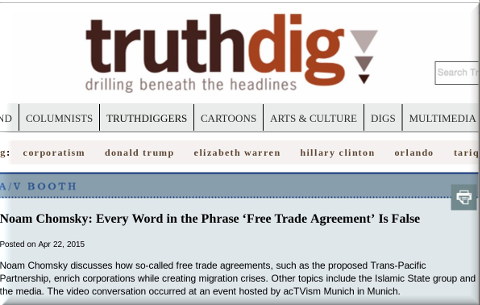
 Like "Unitary patent" or "EU patent" or "Community patent": Not unitary, not for the EU, not for the community, or whatever euphemism they're using this year in corruptible (for sale) media
Like "Unitary patent" or "EU patent" or "Community patent": Not unitary, not for the EU, not for the community, or whatever euphemism they're using this year in corruptible (for sale) media
THE Frenchman Benoît Battistelli is destroying the EPO. It's no wonder so many people, especially his own employees (including some in management), want to get rid of him but don't know how. He has become an existential risk to the EPO, for reasons we shall cover in the rest of the weekend (due to lack of time). Some believe that he wants to be the head of the UPC, potentially a replacement of many of the functions which exist presently (but not for much longer) at the EPO. Under Battistelli, for example, patent quality has been severely harmed. He destroys the entire appeals process (to hide this decline in quality) which might be gone soon, unless he's sacked or steps down. 'Production' the ENA way doesn't take into account quality, just short-term profit, which is being thrown away at propaganda and festivals which glorify Battistelli. This might be expected from sports and celebrities (like FIFA), but not from an inherently scientific institution like the EPO.
"This might be expected from sports and celebrities (like FIFA), but not from an inherently scientific institution like the EPO."Earlier this month we showed how Battistelli had wasted MILLIONS of Euros* to generate puff pieces such as this new one from India (no research/investigation required, just copy-pasting the PR). James Nurton, who 'interviewed' Battistelli several months ago (softball questions), now does a puff piece about the whitewashing/lobbying event, demonstrating yet again that journalism, especially 'professional' journalism (i.e. salaried), is driven by high agenda (like interests of subscribers) rather than reality. UPC pushers were given the same platform yesterday, presumably under the assumption that people who would profit from the UPC know it best. In comments at The Register "BREXIT" is alluded to as a possible solution, one day after The Register published a piece chastising the FT (Financial Times) for its UPC puff piece, essentially advancing a gateway to patent trolls, software patents and everything that's rogue in the megacorporations-leaning USPTO. Battistelli has apparently been paying British media (Financial Times) for UPC propaganda under the guise of events coverage.
The level of disgust at this stage is very high and it's directed not only at Team Battistelli but also the journalists whom Battistelli essentially passed money to (can we say "bribed"?) in order for them to become his mouthpieces.
"The level of disgust at this stage is very high and it's directed not only at Team Battistelli but also the journalists whom Battistelli essentially passed money to (can we say "bribed"?) in order for them to become his mouthpieces."Yesterday we found patent lawyers (i.e. people who can profit from the chaos UPC would generate) offering 'analysis' (advocacy) of the UPC [1, 2, 3]. But Europe is more than just "IP [sic] lawyers," to use the term from WIPR's headline. The interests of Europe and of patent examiners (or scientists for that matter) are very different; sometimes they're direct opposites.
One particular article stood out from the rest yesterday. It's titled "Brexit would scupper Europe’s unitary patent plans, says EPO president" and it helps confirm that we were all along right about UPC not being a certainty (the same tactics of self-fulfilling prophecies were also used when it was called "EU patent" or "Community patent"). To quote the article:
A Brexit victory would totally ruin the timeline for the long-planned EU unitary patent due to come into force in early 2017, the president of the European Patent Office has told Ars.
“If the ‘out’ vote wins then we have a big question mark—nobody knows what will happen,” Benoît Battistelli said.
The so-called unitary patent is expected to offer dramatic savings over the traditional European patent as there will be no need to approach each country individually. In addition, a single European Union patent court will be established. “The Unitary Patent Court (UPC) is needed because if you have a unitary patent, you need a unified litigation system. It should not be possible that a court in France would decide on a case in the UK, or vice versa,” said Battistelli.
“So the countries involved have decided through a treaty—not an EU regulation—to create a UPC. I think it is not well understood what a step forward this will be, because for the first time there will be an international court that will be competent for litigation between private parties,” he added.